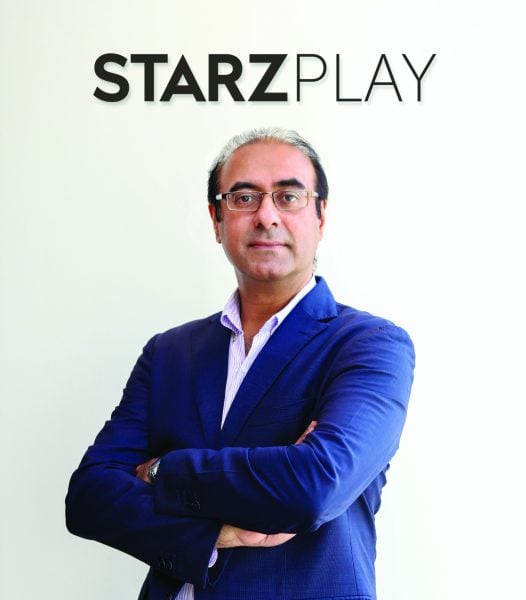
In the Middle East and North Africa (MENA) region, Ramadan has typically seen increased TV consumption and a visible shift in viewership towards the Arabic content that free-to-air (FTA) platforms offer. While these trends are still consistent, the rapid growth of over-the-top (OTT) platforms across the region has transformed the consumers’ viewing preferences as well as content consumption trends.
Period dramas, religious and cookery shows and comedy satires that FTAs produce will continue to be popular in the region for some time to come. However, OTTs in the region have long realised that in the Arabic content space they need to innovate to cater to changing consumer preferences. The role OTTs play during Ramadan is to offer ‘alternate programming’ to those young Arab families whose viewing habits are very different from their parents’ back in the 1990s and early 2000s.
While conventionally during Ramadan families watched traditional programming, this trend has changed over the last few years. Today, families in the region are open to watching Western content, and OTT players are also offering diverse content choices that families can watch together. In Ramadan 2020, Starzplay partnered with Disney to present a family movie every day with Arabic dubbing. The experiment was a hit with about 34 per cent of the minutes consumed on Starzplay during Ramadan driven by the family-friendly, Arabic-dubbed Disney movies.
Ramadan is a month of family bonding, celebrations with friends and the perfect time when friends and families get together to enjoy the traditional Iftar and Suhoor. 2020, however, was an unprecedented year due to the Covid-19 pandemic. With social distancing restrictions and limitations on public gatherings, Ramadan was not celebrated the way it used to be. With a lot of concerning news and uncertainty in the air, MENA viewers turned to OTT viewing more than ever with an increased interest in Western comedy. We observed that more than 56 per cent of minutes consumed in Ramadan 2020 were around comedy box-sets as families and individuals escaped from the ongoing global situation. Comedy has long been popular in the region, however, the increased shift towards Western comedy consumption during Ramadan is another indicator of the changing customer preferences.
On the Arabic content side as well, there has been a shift in viewership patterns. Within the Arabic content bucket, there was a rise of (dubbed) Turkish content consumption with 58 per cent of viewers watching Turkish dramas over traditional content. An encouraging trend that we observed was that three months after Ramadan, 73 per cent of the Arabic viewers, continued to watch Turkish content for the rest of the year.
Based on the trends observed in 2020, what we experienced last year will continue and be amplified this Ramadan. The lifestyle, educational background and value-system adjustments happening in our societies will continue to affect how and what type of content is consumed generally and also in Ramadan. The younger and discerning families and individuals are driving the trend of consuming alternate programmes on OTTs in the region. In 2021, I expect that consumption of family Western content will continue to grow. Industry players need to identify the right formula to present compelling content to these Arab families who are willing to watch new and diversified content in addition to traditional Arabic dramas. These families still want to sit together, huddle around the TV in their living rooms and watch something together. However, what they watch is very different from what was being consumed 15 or 20 years back. The content needs to be family-centric, suitable to be watched with young or teenaged children and can be a mix of Western and Arabic drama.
Another trend on the rise and expected to become more evident in Ramadan 2021 is that people do not want to commit to watching dramas that go on for 25 to 30 days. They want to consume content that does not require such an extensive commitment of time. This is how the uplift in consumption of Western comedy shows can be explained. Besides the need to watch light-hearted content that provides an escape from reality, which continues to be full of uncertainty, a lot of Western comedies can be consumed in 30 to 60 minutes without committing yourself extensively.
OTTs are changing the way content is consumed in the region based on the viewing habits of young, tech-savvy and more informed viewers, and this Ramadan we expect to see new trends as the world continues to battle on from the aftermath of the pandemic.









